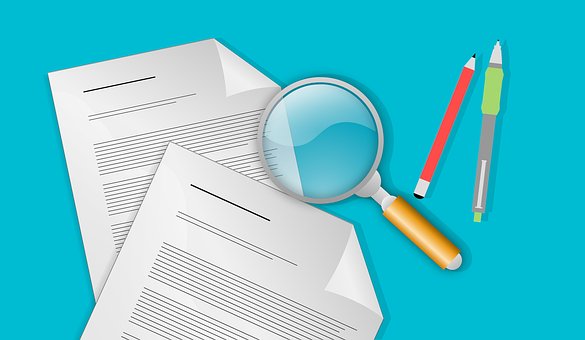Not everyone knows that just because their federal income tax return is completed and filed, they aren’t done with it. No, don’t just toss the return and all the tax records in the shred bin and walk away. It is important to retain the documentation that supports the facts and figures on the return. The length of time varies depending on the documentation.
What tax records do you need to keep?
Generally, you must keep your tax records that support an item of income, deduction or credit shown on your tax return until the period of limitations for that tax return runs out. Records commonly used to substantiate income, deduction or credit items include:
- Form(s) W-2
- Form(s) 1099
- Form(s) K-1
- Bank and brokerage statements
- Canceled checks or other proof of deductible expenses
The period of limitations is the period of time in which you can amend your tax return to claim a credit or refund, or the IRS can assess additional tax. The years refer to the period after the return was filed.
Period of Limitations that apply to income tax returns
- Keep records for 3 years unless situations (4) or (5) below apply to you.
- Keep records for 3 years from the date you filed your original return or 2 years from the date you paid the tax, whichever is later, if you file a claim for credit or refund after you file your return.
- Keep records for 7 years if you file a claim for a loss from worthless securities or bad debt deduction.
- Keep records for 6 years if you do not report income that you should report, and it is more than 25% of the gross income shown on your return.
- Keep records indefinitely if you do not file a return or file a fraudulent return.
- Keep copies of your federal and state tax returns indefinitely.
- Keep records relating to property until the period of limitations expires for the year in which you dispose of the property. You must keep these records to figure any depreciation, amortization, or depletion deduction and to determine the gain or loss when you sell or dispose of the property.
If you received property in a nontaxable exchange, your basis in that property is the same as the basis of the property you gave up, increased by any money you paid. You must keep the records on the old property, as well as on the new property, until the period of limitations expires for the year in which you dispose of the new property.
Please note that item No. 6 in the above lists recommends keeping both the actual state and federal tax returns indefinitely. The support tax records are not included in that statement. However, don’t be surprised to find all tax records intact when cleaning out an attic or basement. When you error on the safe side it is not a problem.
Tax records retention guidelines for non-tax purposes
When your records are no longer needed for tax purposes, do not automatically discard them. Check to see if you should keep them longer for other purposes. For example, your insurance company or creditors may require you to keep them longer than the IRS does.
While you might think you could just retrieve some of the records from the original source later if needed, that is not always the case. Banks close or change ownership. Companies go out of business or get sold or merged into other companies. Records get archived, lost, damaged, or destroyed. And even if the organization is still operating, it can be a hassle, and expensive, trying to recover your tax records years later.
If you have questions, please do not hesitate to contact me!
Dan


